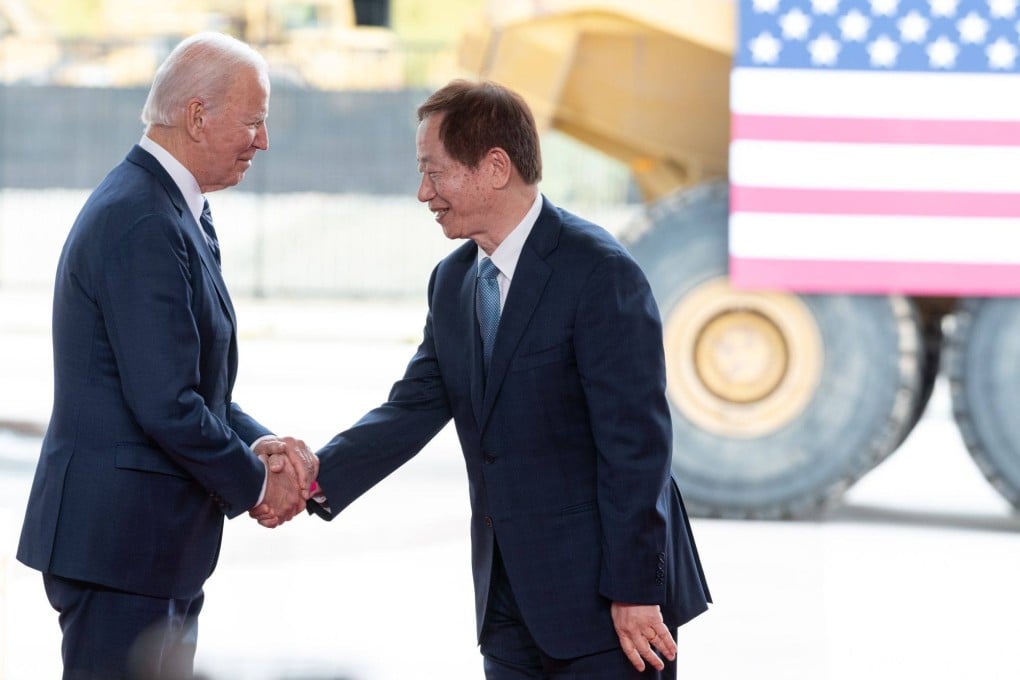The View | As TSMC’s Arizona chip foundry setbacks show, geopolitics is a terrible way to run a business
- Amid delays, higher costs and worker complaints, one wonders if TSMC’s plans in Arizona are anything other than an effort to stay in the US’ good graces

As TSMC is learning, the Sonoran Desert has a very different business climate from Hsinchu. TSMC chief financial officer Wendell Huang has said construction costs in Arizona could be four or five times higher than in Taiwan. Cost overruns have combined with a lack of skilled personnel, logistical inefficiencies and a cumbersome regulatory bureaucracy to delay production by at least a year.
TSMC might have heeded the warning of John Tu, president of the world’s largest computer memory module maker, Kingston Technology, which has manufacturing sites in both Taiwan and the US. “Producing chips in the US can be two to three times more expensive when compared to Asia,” Tu told me. “I can think of a dozen other places to make chips before settling on Arizona.”

